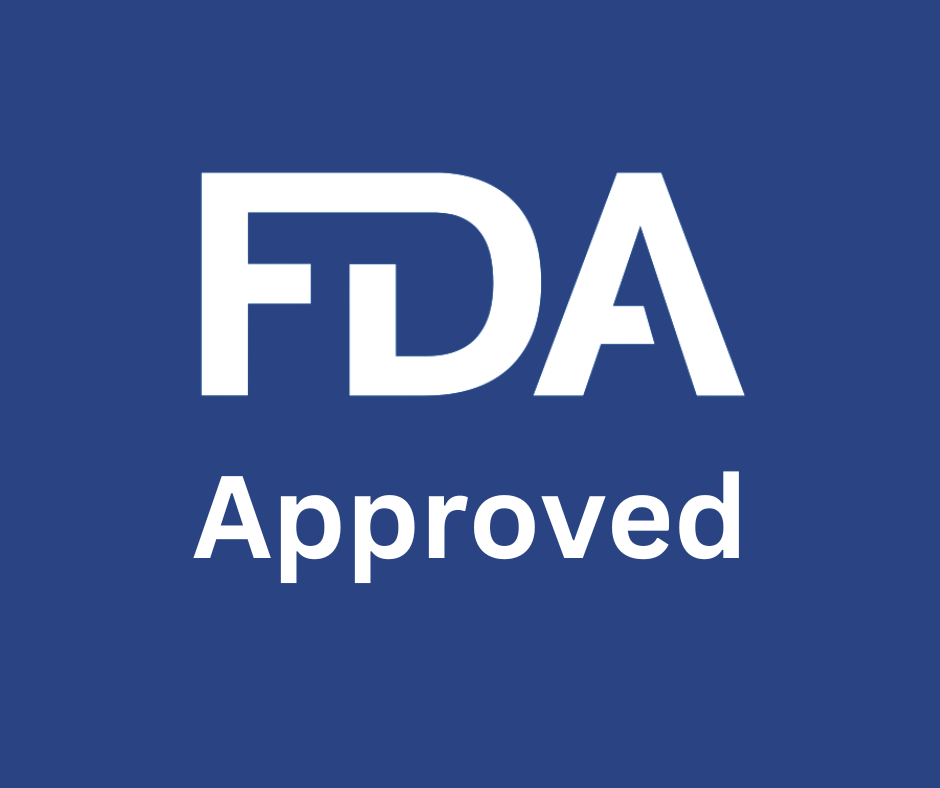On March 4, 2023, the U.S. Food and Drug Administration approved expanded use of adjuvant abemaciclib with endocrine therapy for adult patients with early, hormone receptor (HR)-positive, human epidermal growth factor receptor 2 (Her2) negative, node-positive breast cancer with a high risk of recurrence and had ECOG performance status of 0 or 1. 1 This expanded approval removes the previous requirement of a Ki67 score of ≥20%.
Study ID number: NCT03155997
The expanded approval was based on an extended analysis of the MonarchE trial, a randomized, open-label, phase 3 study comparing physician’s choice of standard-of-care adjuvant endocrine therapy with endocrine therapy plus abemaciclib in patients with early-stage, node-positive breast cancer with a high risk for recurrence. Abemaciclib was given orally at 150 mg twice daily for two years, while standard endocrine therapy was given for up to 10 years.
Abemaciclib plus adjuvant endocrine therapy demonstrated a statistically significant difference in invasive disease-free survival (iDFS) compared to endocrine therapy alone in the intention-to-treat population.
In the MonarchE trial, 5,120 patients were randomized in a 1:1 fashion to receive either standard adjuvant endocrine therapy or adjuvant endocrine therapy plus abemaciclib, cohort 1. High-risk disease for cohort 1 was defined as four axillary lymph nodes involved in the disease or 1-3 positive lymph nodes with either a 5 cm or larger primary tumor or a grade 3 primary tumor. A smaller cohort of 517 patients were randomized to the same two treatment arms, but these patients had a Ki-67 score of 20% or greater as an additional risk factor. The expanded indication was based on the fact the benefit of adding abemaciclib continued to increase beyond the treatment course. At four years, 85.5% of patients receiving abemaciclib plus endocrine therapy continued to be free of recurrence vs 78.6% of those given endocrine therapy alone; this translated to an absolute difference in iDFS of 6.9%.
At two years, the absolute difference rate between the arms was 3.1%; this rate at 3 years was 5.0%. Abemaciclib plus endocrine therapy resulted in a 35% reduction in the risk of recurrence vs endocrine therapy alone (HR, 0.653; 95% CI, 0.567-0.753).
The most common side effects were diarrhea, infection, fatigue, leukopenia, nausea, anemia, and headaches. Toxicity led to treatment discontinuation in 19% of patients. There were two deaths in patients who received endocrine therapy plus abemaciclib: diarrhea and pneumonitis.
References
- US FDA broadens indication for Verzenio (abemaciclib) in HR+, HER2-, node-positive, high risk early breast cancer. News release. Eli Lilly and Company. March 3, 2023. Accessed March 3, 2023. https://investor.lilly.com/news-releases/news-release-details/




